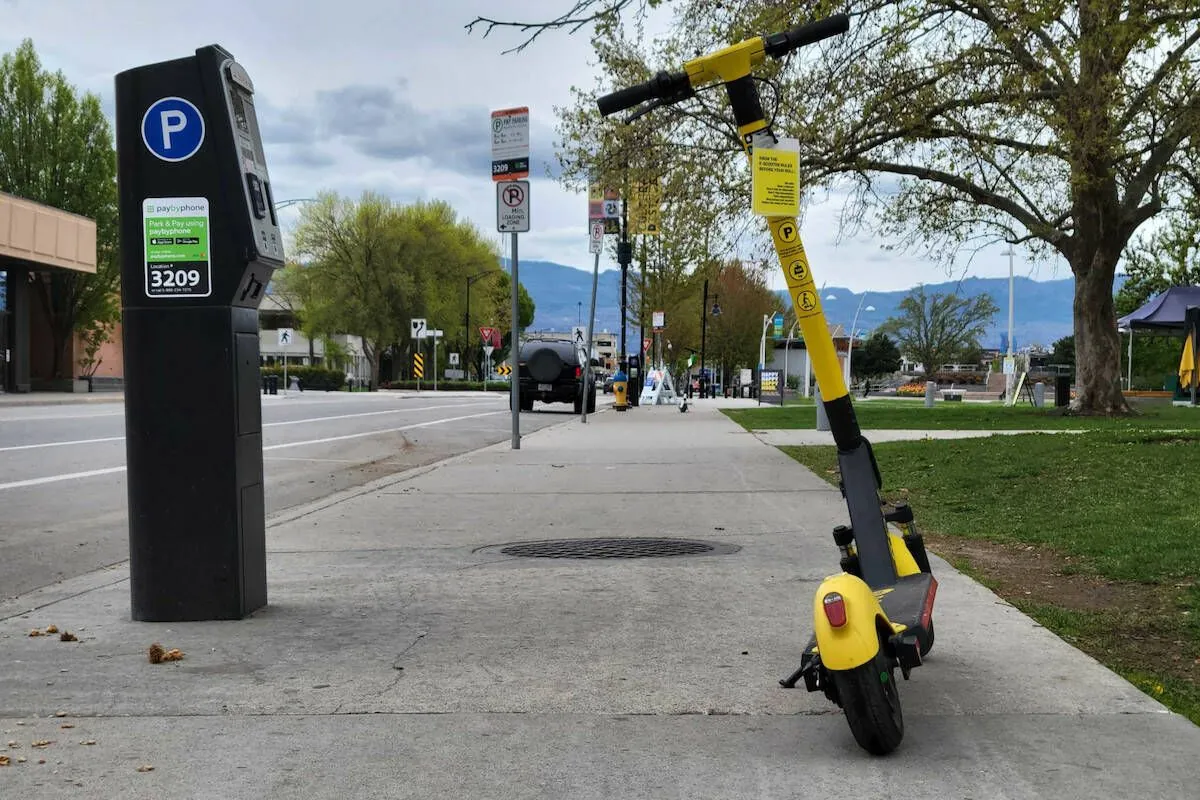UK E-Scooter Industry Faces Uncertain Future Amid Regulatory Challenges
E-scooter trials in the UK have faced setbacks due to regulatory uncertainty and public concerns. Several companies have collapsed or withdrawn, leaving the industry's future in doubt.

The UK's e-scooter industry has experienced a tumultuous journey since trials began in 2020. Initially hailed as a promising solution to urban congestion and environmental concerns, the sector now faces an uncertain future due to regulatory challenges and public backlash.
Paul Hodgins, former leader of Richmond Council and founder of e-scooter company Ginger, was among the early enthusiasts. Ginger launched the UK's first legal e-scooter trial in Tees Valley, deploying 500 vehicles. However, the company's optimism was short-lived, as it collapsed earlier this year due to a lack of regulatory clarity.
"It really was entirely down to the last government breaking its promises on when it was going to move forward and preventing new investment coming into the UK. It killed off a few companies but especially the smaller ones."
The e-scooter industry's struggles are not limited to Ginger. Bird, once valued at $2.8 billion, filed for bankruptcy in December 2023. Other companies have merged or withdrawn from the UK market, citing financial unsustainability and regulatory uncertainty.

Safety concerns and public perception have played a significant role in the industry's challenges. In the year ending June 2023, 1,269 collisions involving e-scooters were reported. The Parliamentary Advisory Council for Transport Safety has documented 41 e-scooter-related deaths, with only four occurring during licensed trials.
Illegal use of private e-scooters has further complicated the situation. Despite being prohibited on roads and pavements, an estimated 1 million private e-scooters are in use, compared to just 20,000 in licensed trials. This disparity has led to enforcement difficulties and safety issues.
The future of e-scooters in the UK remains uncertain. While some cities have embraced the technology, others have become wary. The industry's fate may depend on the government's willingness to provide clear regulations and address public concerns.
As the debate continues, it's worth noting that e-scooters have shown potential for reducing carbon emissions by up to 70% compared to cars for short trips. However, balancing environmental benefits with safety and urban planning concerns remains a challenge for policymakers and industry leaders alike.


































